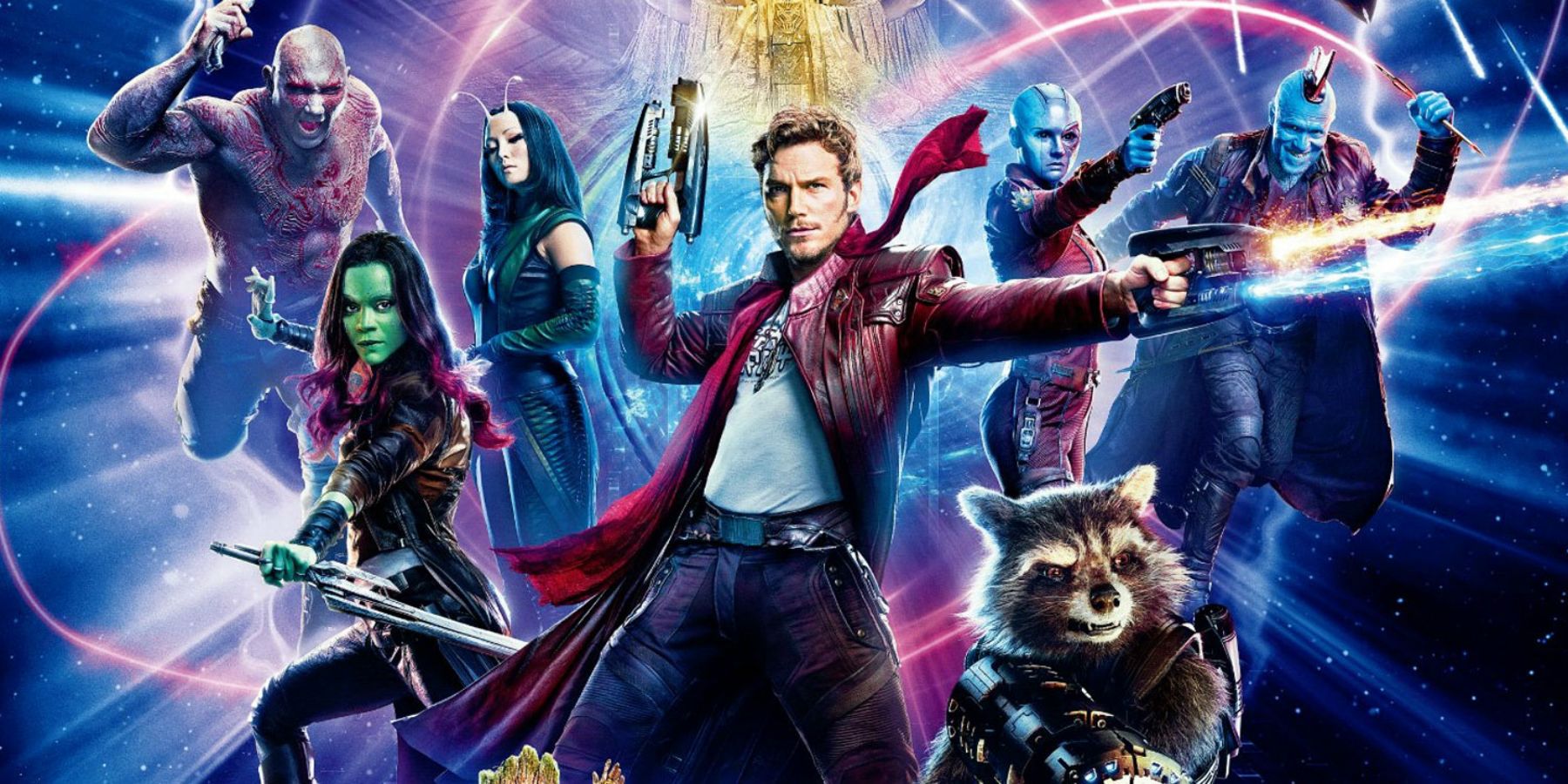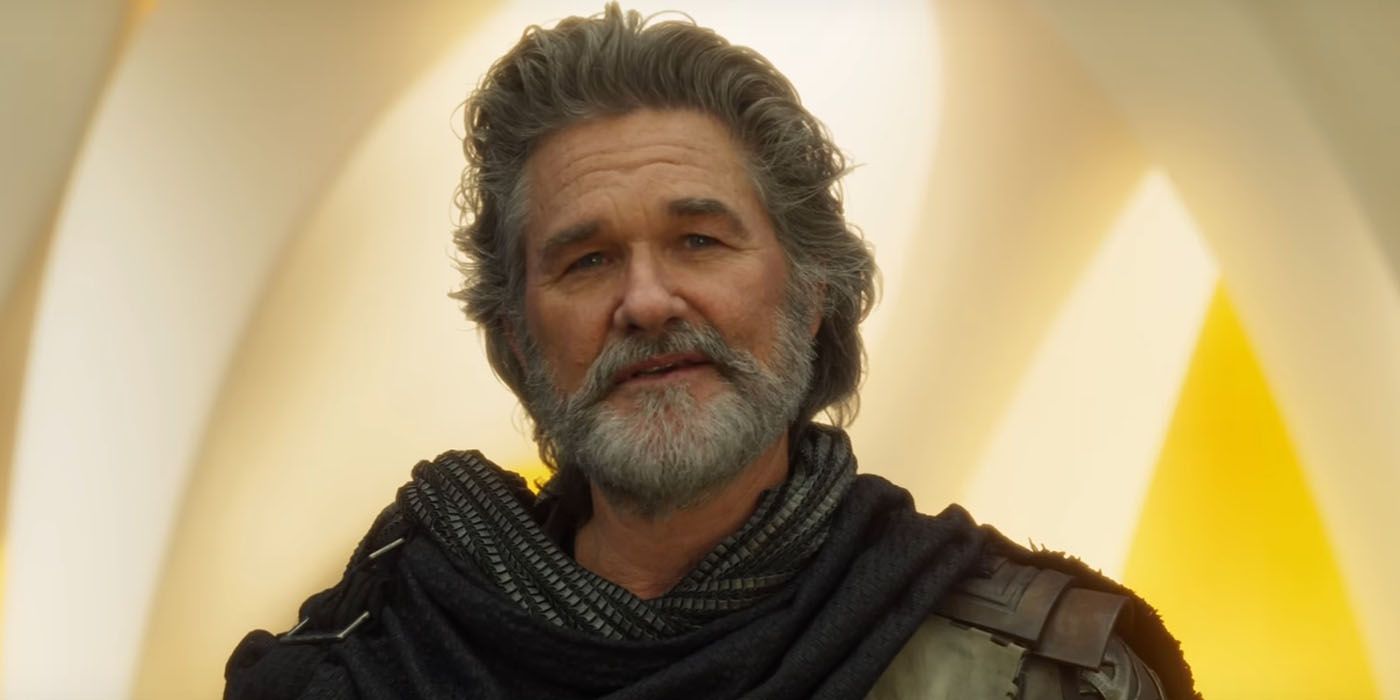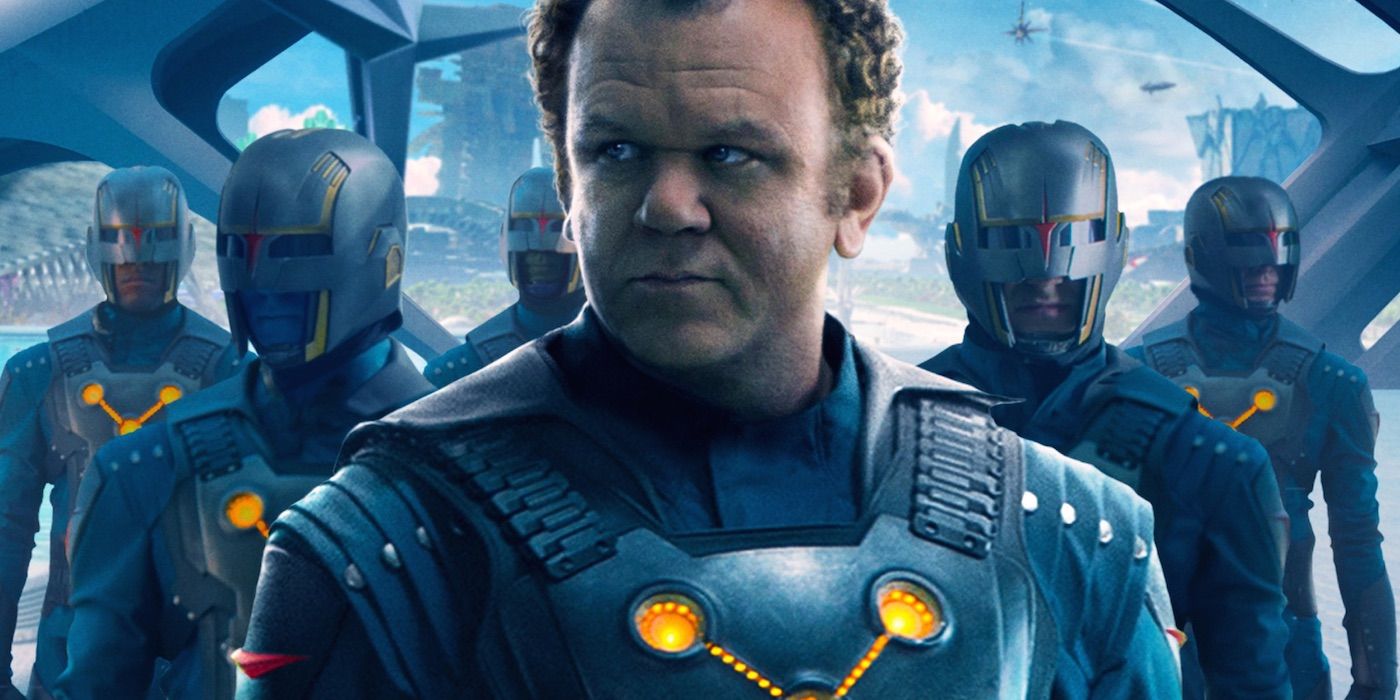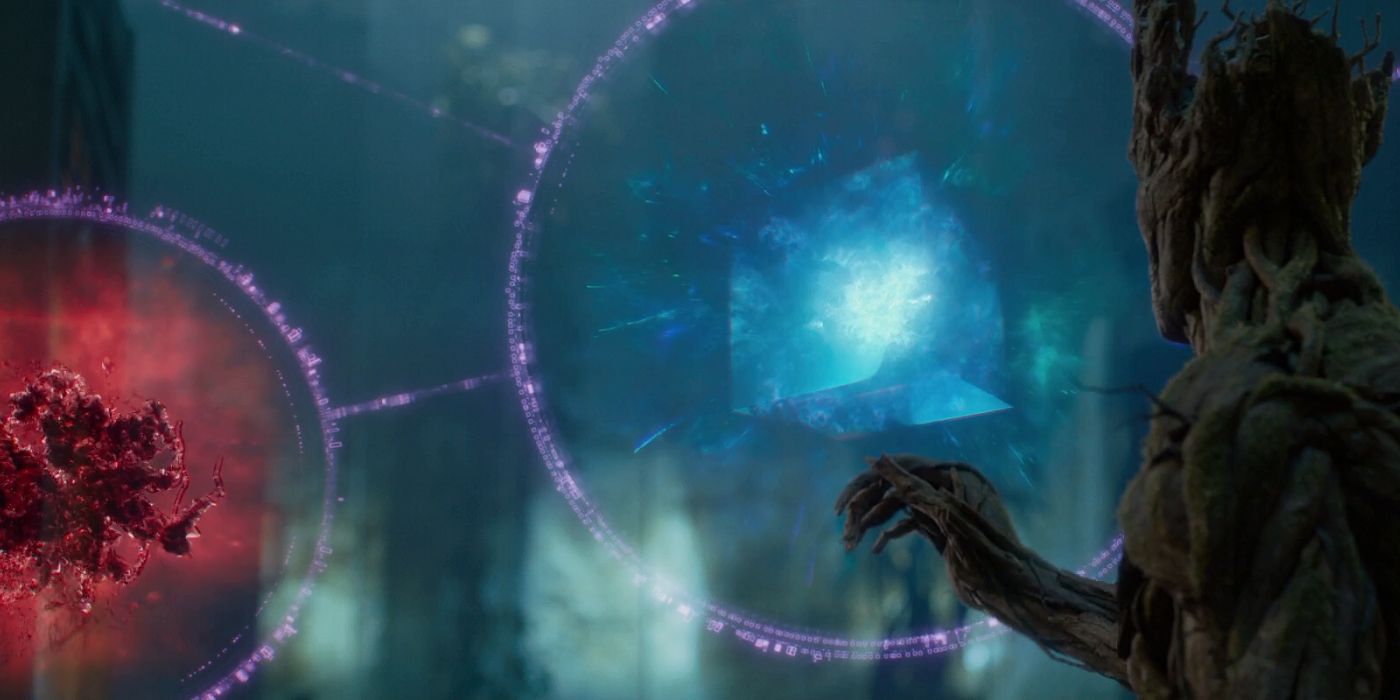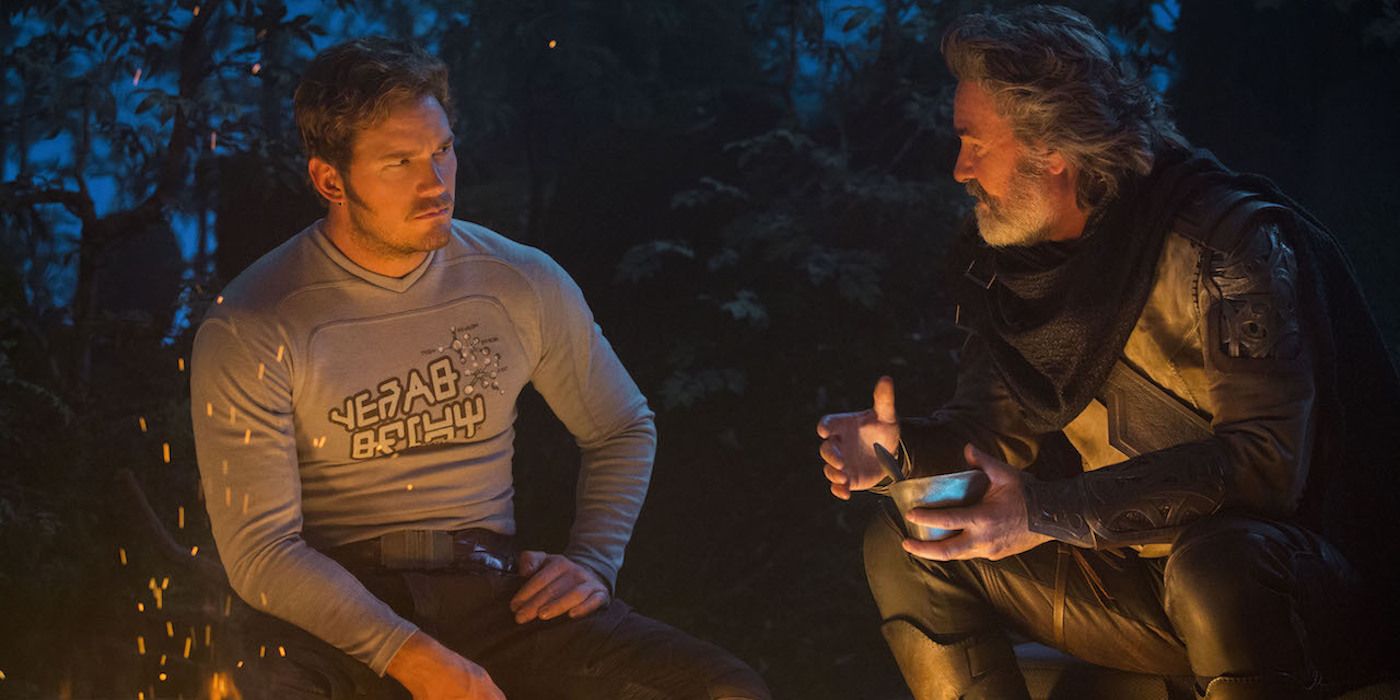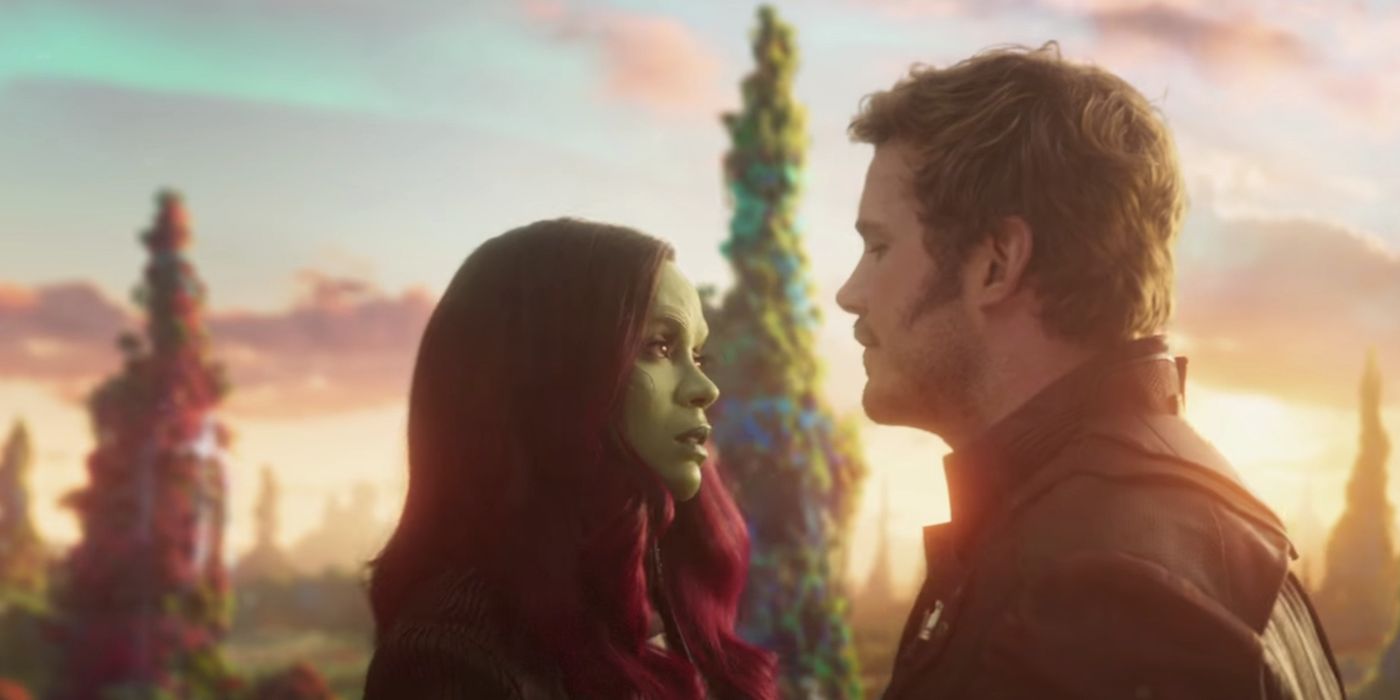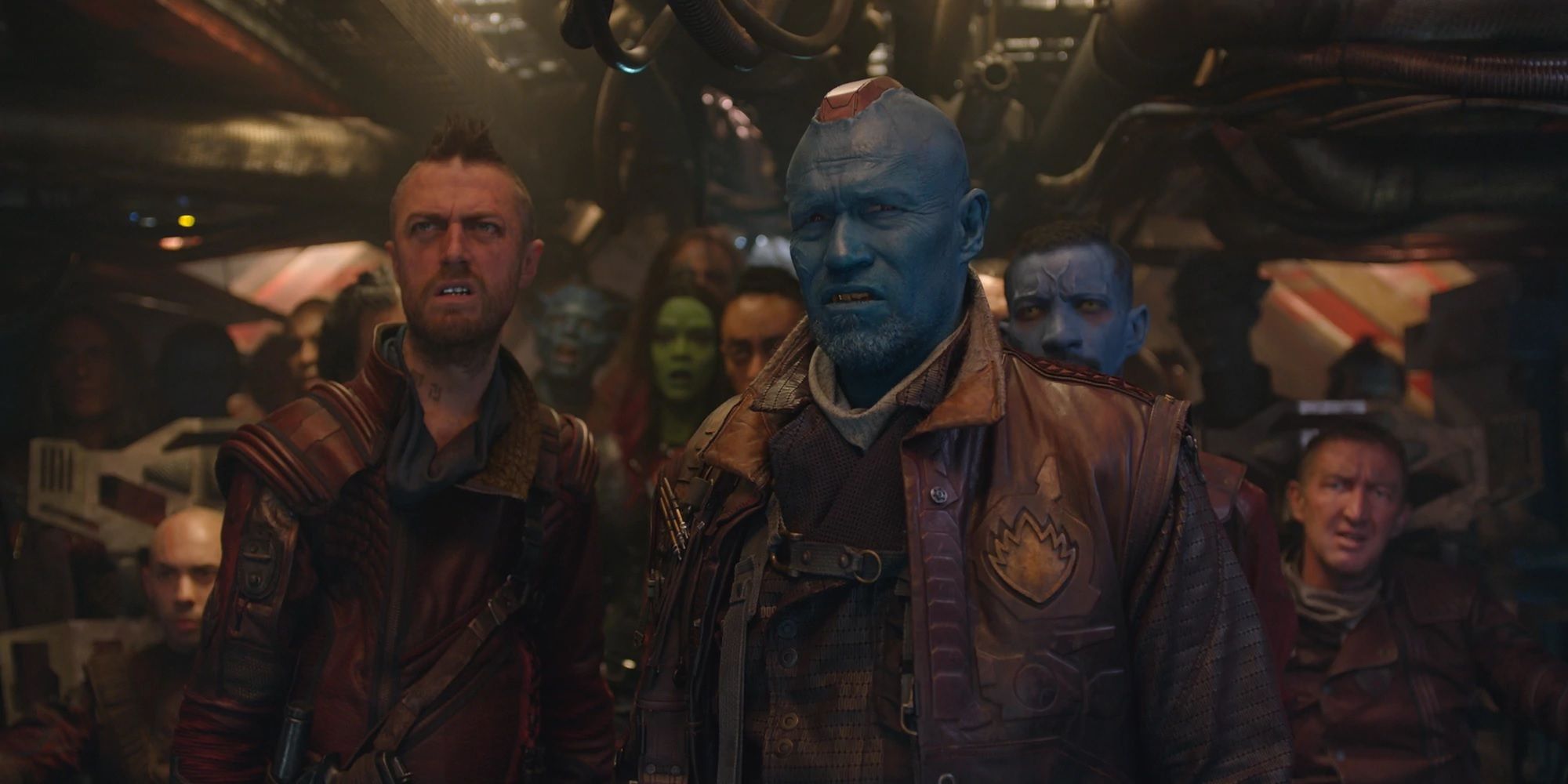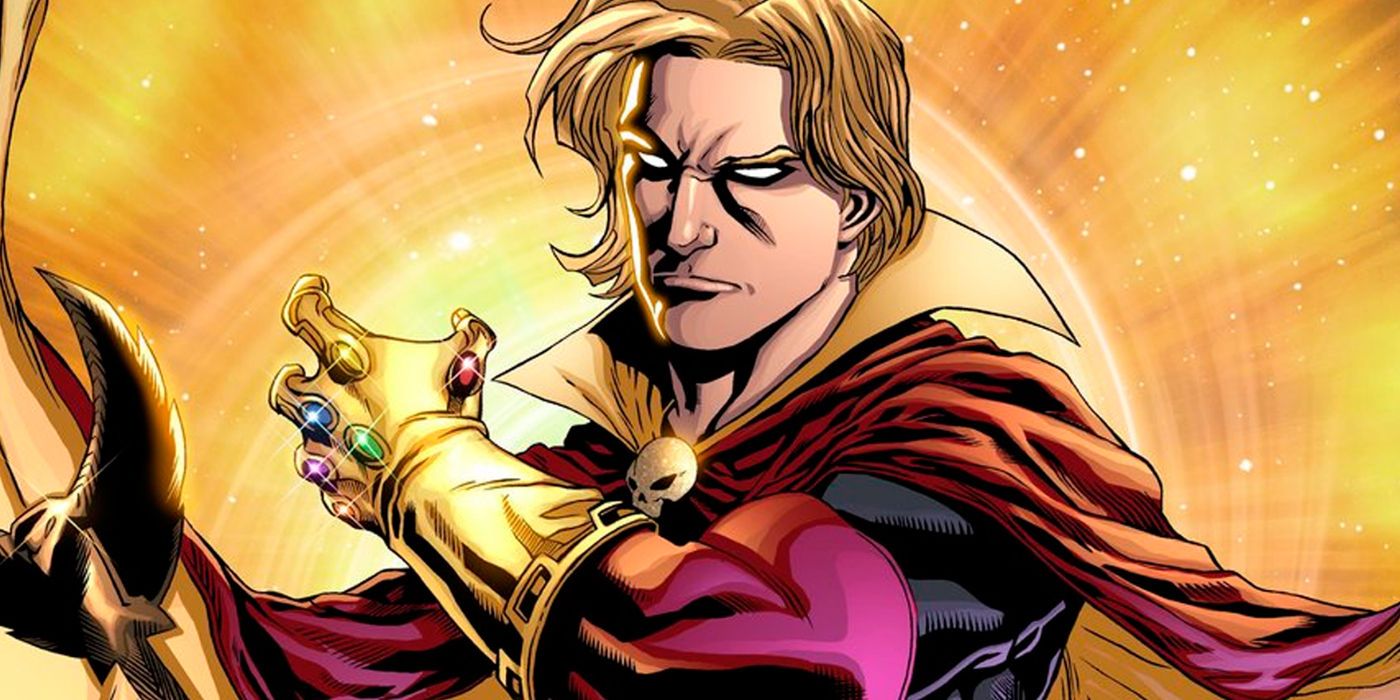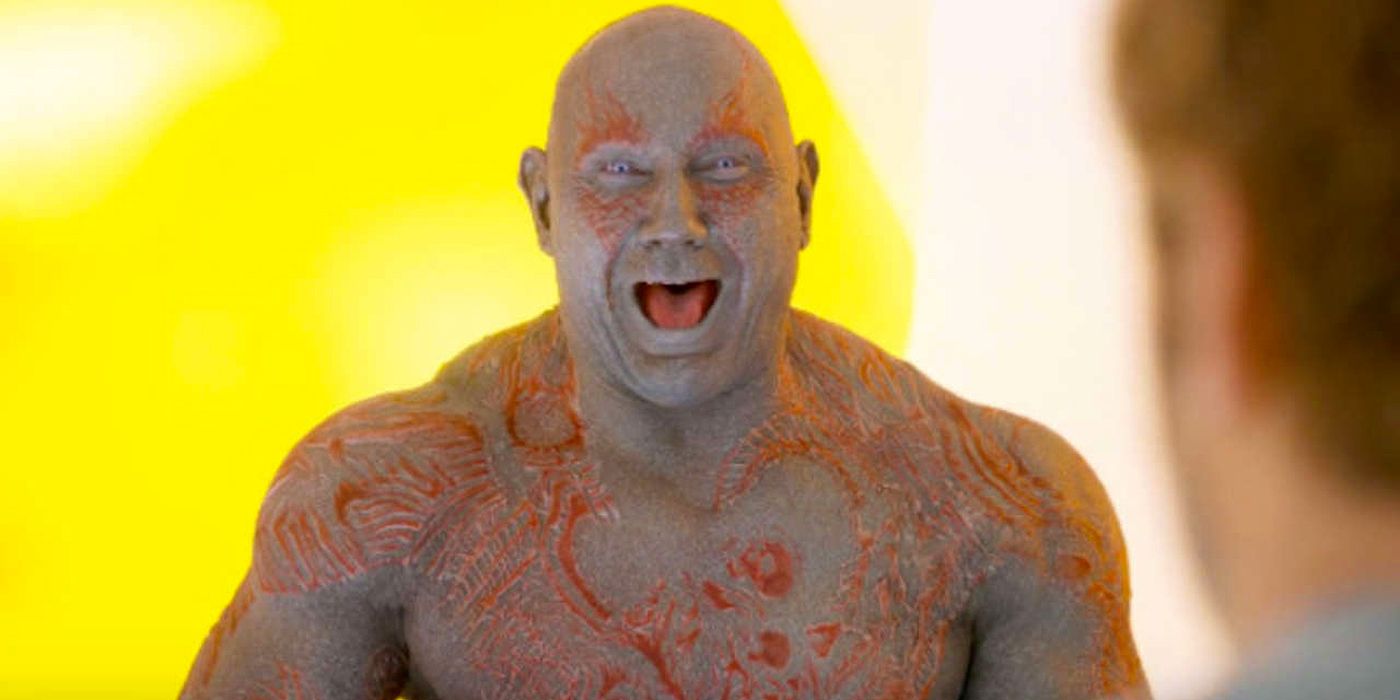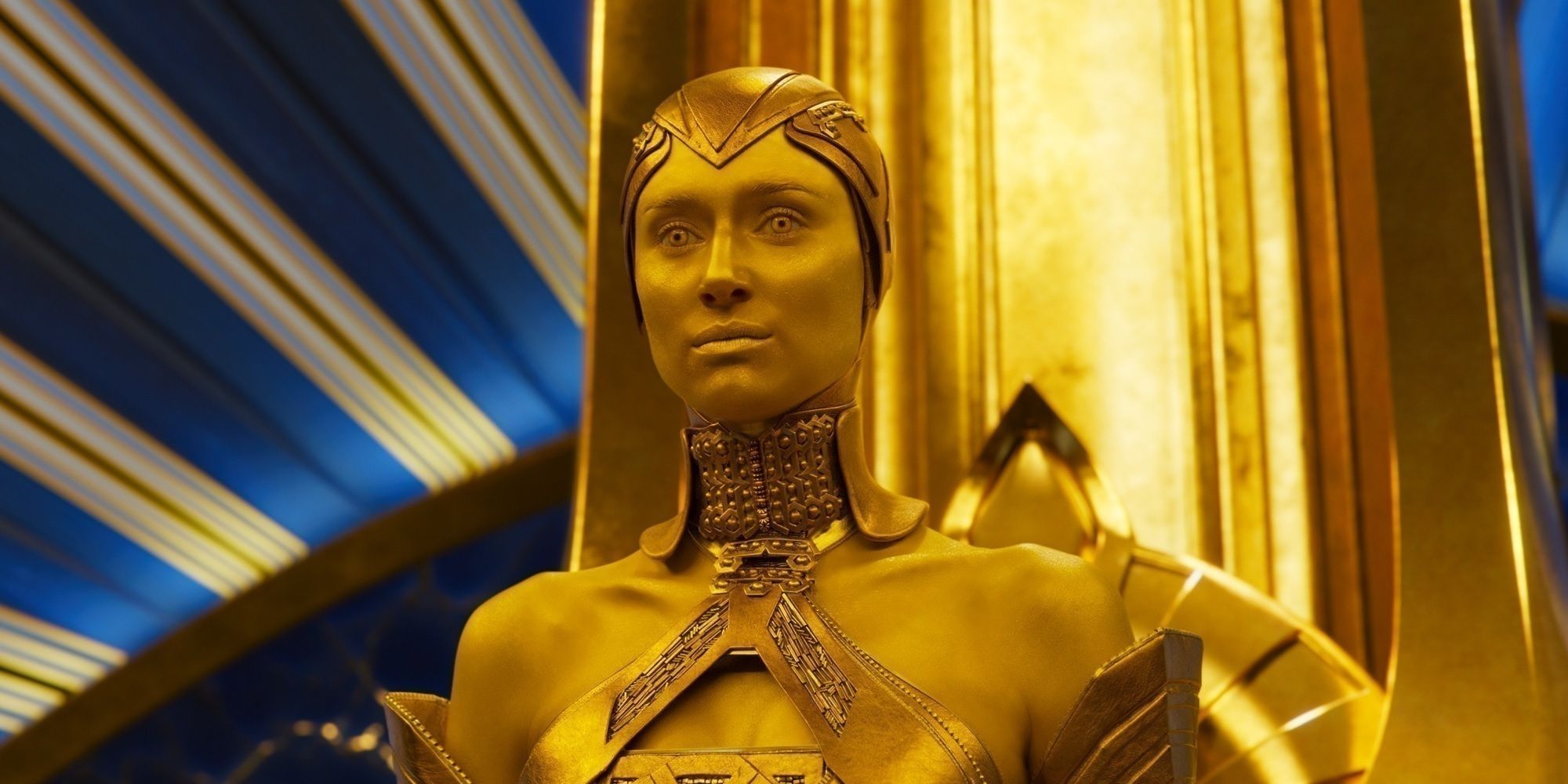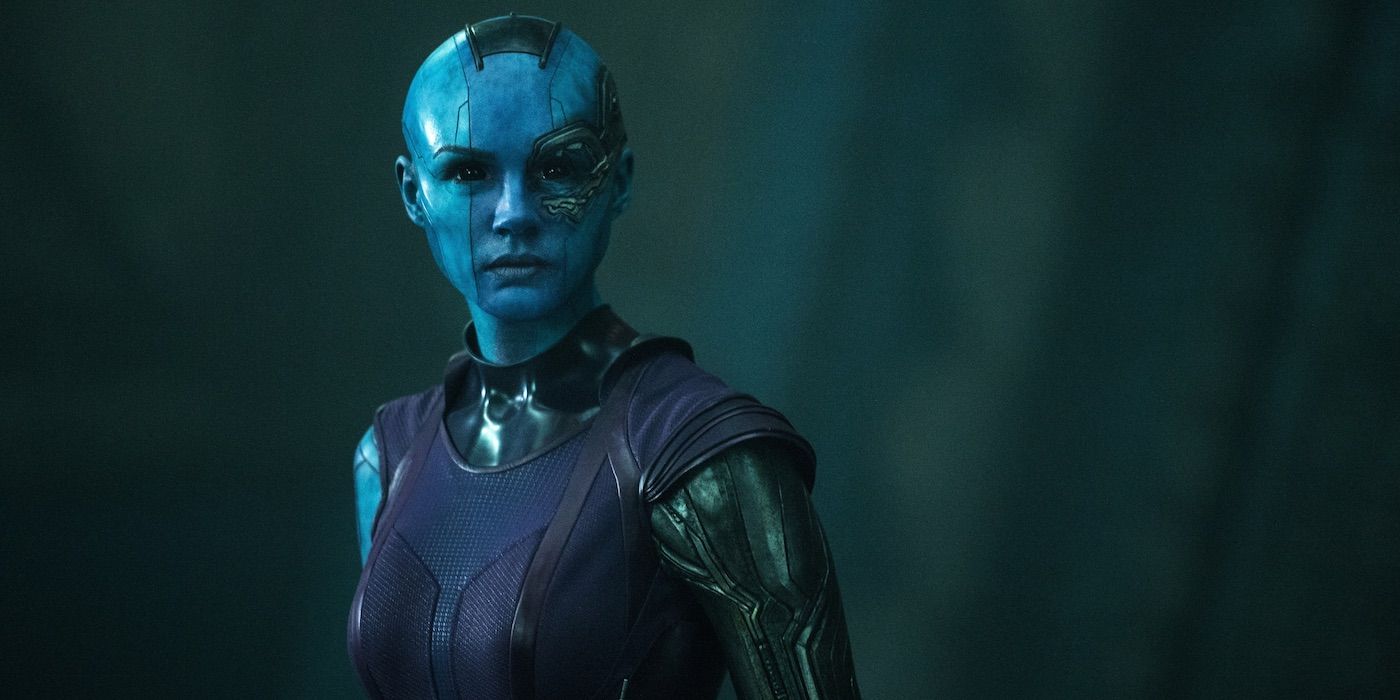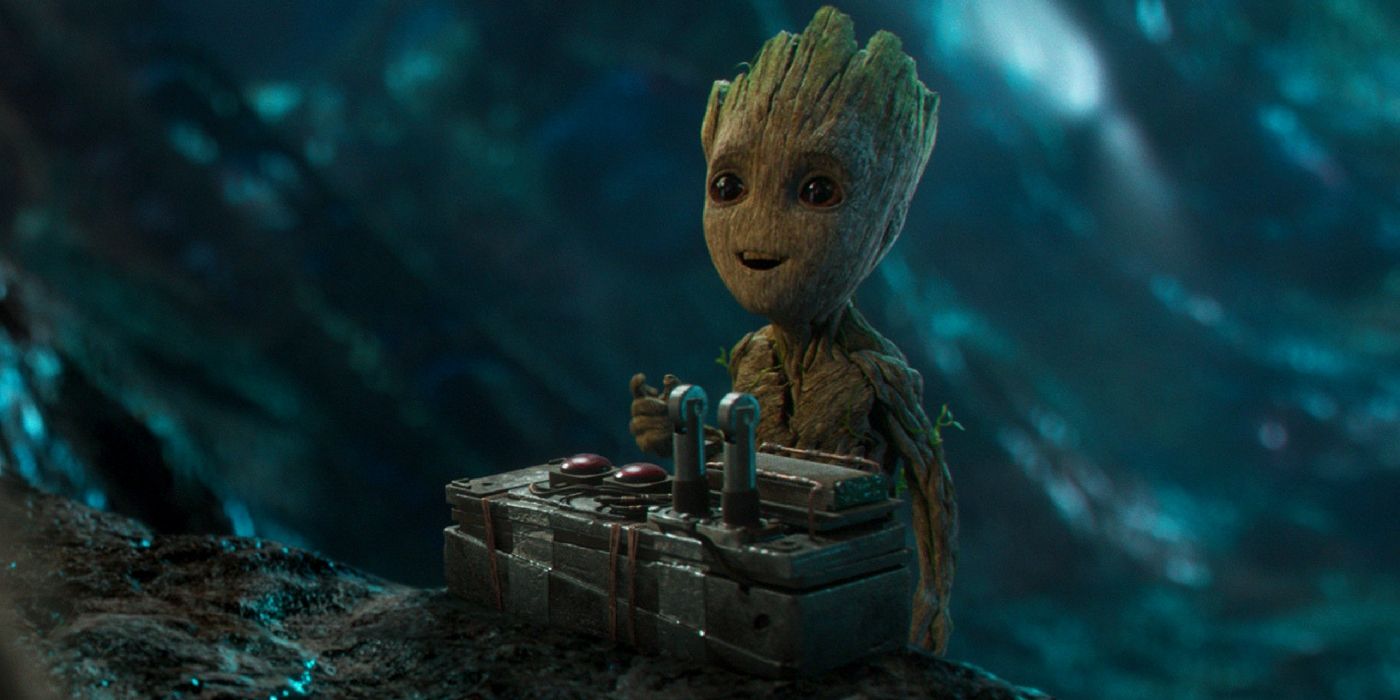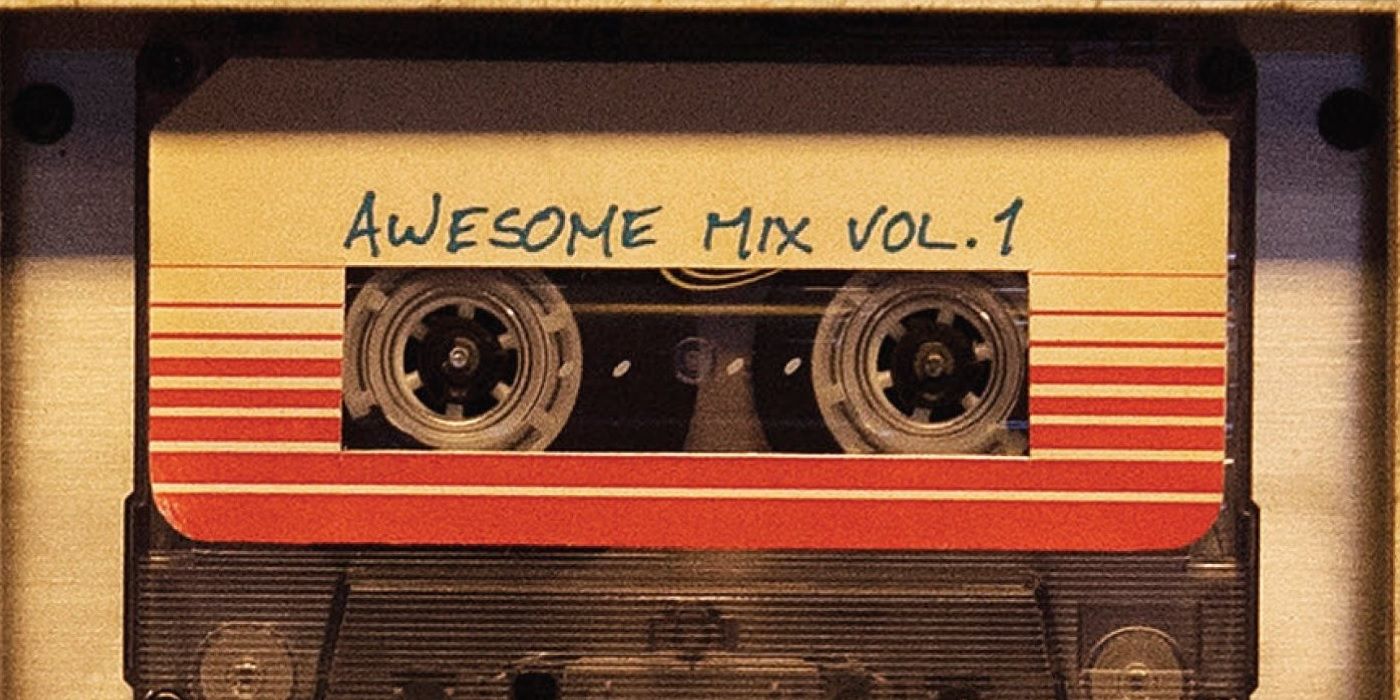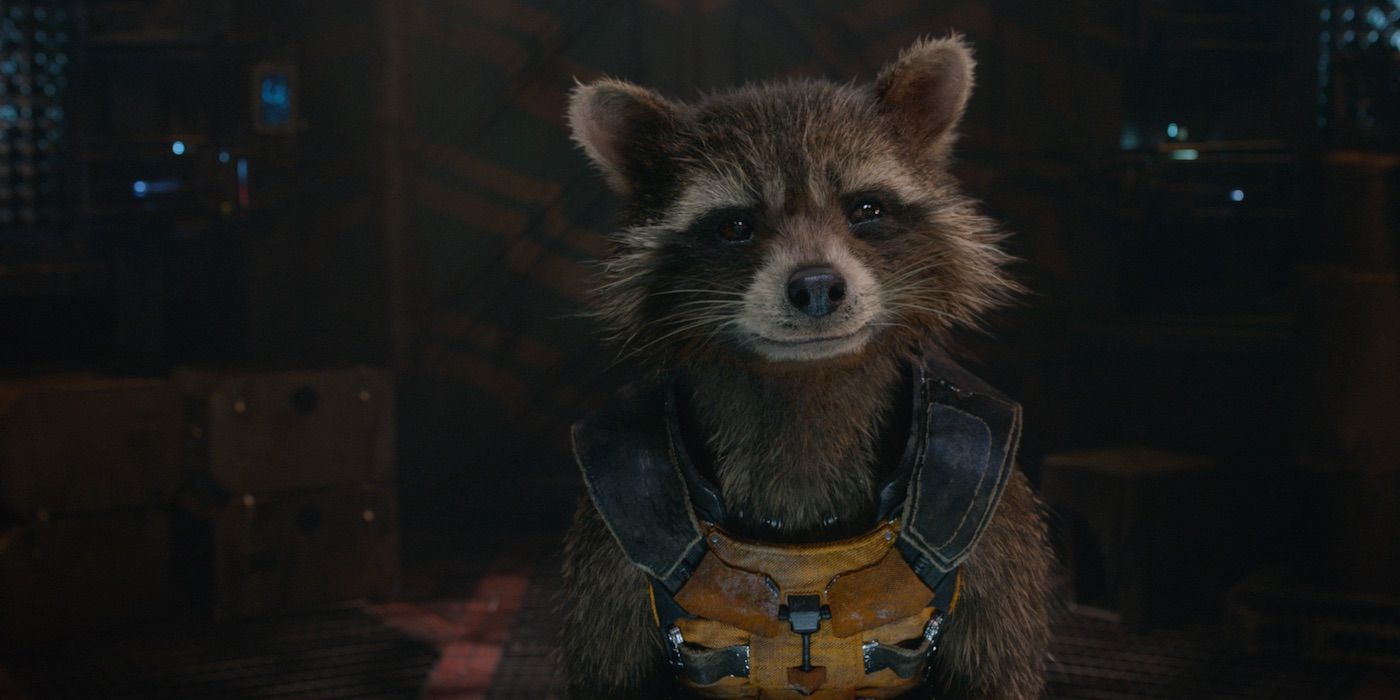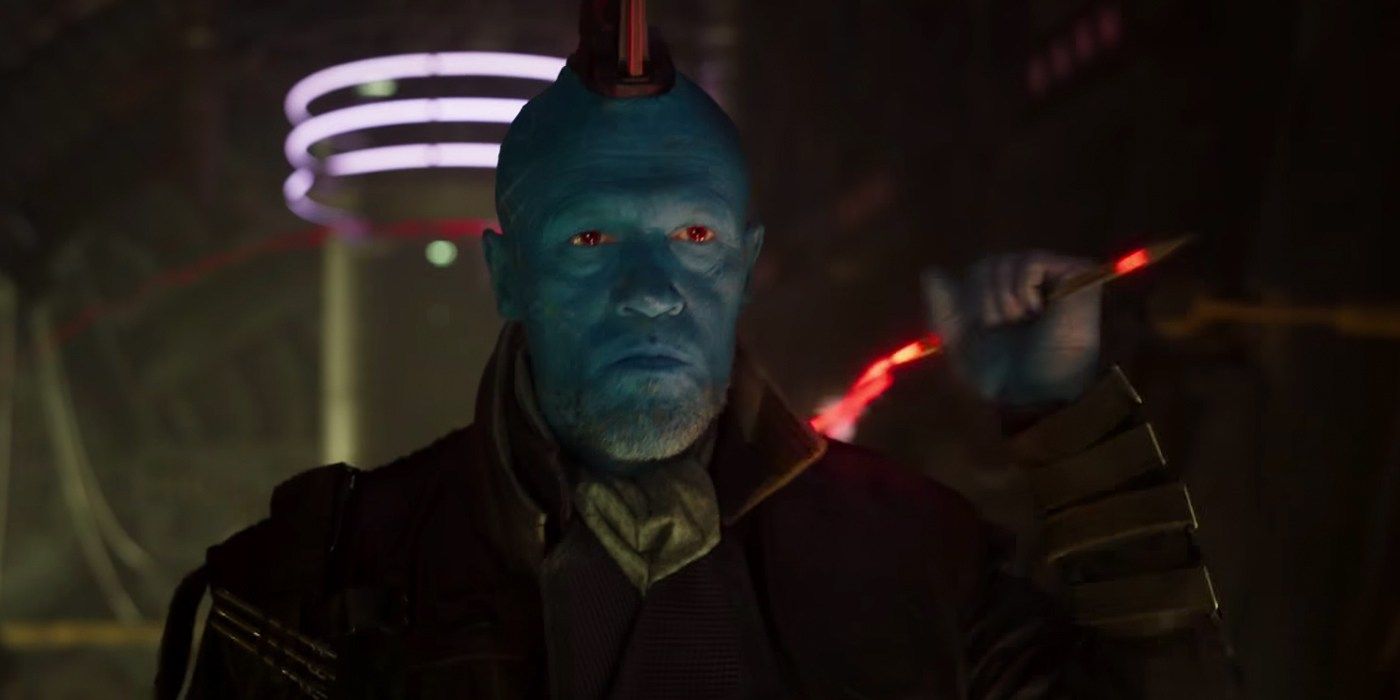After the long period of anticipation, Marvel's Guardians of the Galaxy Vol. 2 released to audiences the first weekend of May. The first Guardians film was met with surprise and excitement from fans unfamiliar with its source material. Almost immediately, fan followings for each cinematic iteration of the characters (especially Drax) sprouted up, referential fan art peppered social media and the movie's soundtrack shot to the number one spot on Billboard charts. Coming off of such a surprisingly successful debut, Guardians Vol. 2 had a lot to live up to.
RELATED: Guardians of the Galaxy Vol. 2: 8 Things That Worked (And 7 That Didn't)
The newer film tasked itself with diving into lead character Peter Quill (a.k.a. Star-Lord)'s past and yearning for a familial connection. It was of course accompanied by Gamora's sternness, Drax's blunt humor, Rocket's gruff manner and the cuter, bite-sized Baby Groot. All of the characters found themselves in marginally different status quos this time around, and did genuinely have a lot of positive points. While it did make for another fun ride with the intergalactic crew of rag-tag heroes, Vol. 2 just didn't quite hit the high points of its predecessor. We at CBR count down more than a few things that worked better in the first film, or was just plain retreaded poorly in the Guardians' latest cinematic adventure.
CAUTION: SPOILERS AHEAD FOR BOTH GUARDIANS OF THE GALAXY FILMS.
14 CELESTIALS ARE LAMER
In the first Guardians movie, the team travels to an outer colony called Knowhere. The outpost was actually a gigantic floating skull of a Celestial in which a large mining operation was slowly hollowing it out for precious resources. This painted the beings as terrifying and mysterious all at once, making viewers instantly curious about the creatures and what they could be capable of.
In Vol. 2, the team is actually introduced to a Celestial named Ego, who reveals that he is Quill's father. While the character was shown to have built his own planet, rebuild his body out of energy and plant seeds of blobular destruction across the universe, Ego was a bit of a letdown. He's snoozed by his assistant regularly and defeated by a slapdash bomb. For all its grandeur, the initial punch and mystery behind Celestials gradually felt flat by the time Ego was dispatched.
13 NO NOVA CORPS
In the rousing latter half of GotG, the planet of Xandar is valiantly defended by the members of the Nova Corps. At first, the group was responsible for sending the team to prison, but later entrusted them during Ronan's final assault. Once the Guardians successfully won the battle, the Nova Corps stowed away the Infinity Stone and created an alliance with the rag-tag heroes.
Given such a long history, it's rather surprising that the Nova Corps only merited a throwaway mention from Yondu about how the Guardians have their backing. Not once is the corps contacted by the heroes, especially when they're in an incredibly dangerous firefight with the Sovereign. For being a strong force on their own and in possession of a stone, Vol. 2 made a major misstep in leaving the Nova Corps in the dust.
12 LACK OF INFINITY STONE BUILD UP
In the first film, the Guardians are haphazardly formed after they come into the possession of an Infinity Stone that Ronan the Accuser wants to recover for Thanos. The group collectively tapped into the stone's energy and used it to kill the villain, before entrusting it to the protection of the Nova Corps.
Vol. 2 however, really made zero progress on this front. The only real information people get as far as the Stones was Ego's throwaway mention that Quill could hold the gem due to his Celestial powers. Sure, there have been other Marvel films that have been devoid of Infinity Stones such as Iron Man 3 or Captain America: Civil War, but it seems terribly late in the game to have an MCU entry without any tangible buildup to the massive impending war with Thanos.
11 DAVID HASSELHOFF
Peter Quill is a child of the '80s, which made his stories and references rather endearing in the first film. When he first attempts to get to know Gamora, he regales her with a legend called Footloose involving a "great hero named Kevin Bacon." The reference was cute and humorous, netting plenty of laughs for those who remember the old dancing film.
The second Guardians movie however, tried to recapture this with Peter's sad story detailing how he told other schoolkids that David Hasselhoff was his father. Things were taken a step further when the Hoff himself makes a cameo appearance, as Ego warps his form to match the celebrity. Rather than a silly play-off by Quill, this reference felt entirely too forced and poorly pushed to get a cheap laugh. Star-Lord's continued callbacks to his childhood are better done without roping in the actual source material.
10 GAMORA AND PETER TAKE A BACK BURNER
Star-Lord certainly did his best to woo Gamora during the events of the first Guardians movie. He exposed her to new music, attempted to get her to dance and overall take things a little less seriously. The two certainly had a connection by the end of the movie, leaving viewers wondering what the future would hold for them.
Vol. 2 seemed primed to progress this relationship, but it takes a severe back burner to Peter's newfound bond with his father. This would have been perfectly fine to go with, if it weren't for Quill's sudden insistence on the two cementing their dating status out of nowhere. Play it up to Peter getting a bit Ego-tistical himself, but the sequel's stuttered pace on this relationship was frustrating to say the least.
9 THE RAVAGERS
One of the things Peter reveals about his past in the first film is that he's on the run from the Ravagers, a massive group of intergalactic thieves and killers. It's revealed that he was under the "care" of a Ravager captain named Yondu, who abducted Quill from Earth as a child and raised him to be a thief. Even though only Yondu's crew is seen, viewers got the idea that Ravagers as a whole were tough and not to be crossed.
Enter the sequel, in which it is revealed that Yondu has been disgraced by the Ravagers for violating their code of honor. The other captains are eccentric and seemingly deadly, but don't amount to much outside of a scornful word and a fireworks funeral show. For all of Quill's assertion that the group was one of the most dangerous in the galaxy, the Ravagers were tremendously undersold in Vol. 2.
8 ADAM WARLOCK SETUP
The second movie had seemingly little to offer as far as progress towards the impending battle for the Infinity Stones, but this was a small token. One of the post-credits scenes shows the leader of the Sovereign rattled, discussing her plans to create an even more refined human being and call him Adam.
This was of course a reference to Adam Warlock, a character known in the comic books as a super powerful being and protector of the Soul Gem. The scene itself felt like a haphazardly tacked-on piece just made for an Easter egg. The first film laid out much better references to the Infinity Gauntlet and gems by way of the Collector's role in the story. Vol. 2 seemed like it had to make a reference somehow and just threw the Warlock scene in as a lame attempt.
7 DRAX'S HUMOR WAS FORCED
One of the things that made Guardians of the Galaxy such a hit with audiences was the innocent and unintentional (to him, at least) humor of Drax the Destroyer. A character that took everything literally, he challenged the quickness of metaphors going over his head and claimed he would catch them before they could. Since that line, Drax immediately garnered popularity with audiences far and wide.
However, the humor of the alien took a bit of a dive in the anticipated follow up. Drax certainly took up a large portion of the comic relief in Vol. 2, but was relegated to blatantly calling folks ugly and asking Ego if he crafted himself a penis in order to get with Quill's mother. No longer was the character's humor a fun product of literal translation and easy mistakes, which took a lot of charm out of Drax this round.
6 BORING SECONDARY VILLAINS
In the first GotG outing, there were quite a few folks on the Guardians' tails. The Ravagers hunting Star-Lord, Ronan and his underlings (including Nebula) vying for the Infinity Stone and the Nova Corps playing peacemaker through it all. All of the groups involved had interesting and formidable characters that added to the overall sense of tension.
The sequel instead introduced The Sovereign, which were a pompous group of golden people who piloted their armies remotely. The group dumped all their resources into hunting the Guardians for slighting them, which proved incredibly foolish in the end. Sure, they were quirky and annoying, but never the level of threat that the Ravagers or Ronan's lot posed in the first GotG film.
5 NEBULA WANTS A SISTER
Nebula emerged in the first film as an incredibly deadly foe that had nothing but feelings of contempt for her sister Gamora. The two fought for dominance during the finale, with Nebula exhibiting nothing short of unbridled rage when it came to her sister. Once she was defeated, Nebula escaped and vowed for revenge.
She actually seemed pretty much set in stone in Vol. 2, but changed upon her small victory fighting her sibling. Nebula claimed she only wanted a sister, rather than a foe. The two hug it out, years-long hatred forgiven in the span of about 10 minutes. This revelation had zero build up, which is why its suddenness made it feel so tepid in its delivery. Given the intensity of their feud, the two overcoming such a bitter quarrel largely underserved Nebula's conviction as a character.
4 BABY GROOT
Along with Drax's simple humor, Groot was another character that audiences immediately fell in love with in the first GotG film. He was lovable, loyal and despite having a four-word vocabulary, very poetic. Groot's quirkiness and his sacrifice to save his fellow Guardians made him a respected character that fans would champion well after his big-screen debut.
Groot of course reemerged in Vol. 2 from a surviving twig, taking on the form of a miniature Flora Colossus that struggles to understand his peers: thus Baby Groot took the spotlight. The tough thing is that Baby Groot doesn't contribute anything to the film other than being cute. He struggles to understand commands, isn't big enough to fight and gets kicked around a lot. The character was reduced from being an actual force on the team, to a blatant mascot designed to sell toys and cheap jokes. Groot deserved better.
3 THE SOUNDTRACK
The Guardians' movie debut was accompanied by a fantastically curated soundtrack dubbed Awesome Mix Vol. 1. Most prominent was "Hooked on a Feeling" by Blue Swede, but it also included hits by the Jackson 5, Marvin Gaye and The Runaways. Regardless of whether or not you were a fan of the comics or superheroes in general, the film had at least one track that audiences could bounce their foot to.
This set the bar pretty high for Vol. 2, which boasted a good slew of songs on its own. Sam Cooke's "Bring It On Home to Me" had a big presence in the film, but other tracks by Cheap Trick, Fleetwood Mac and Electric Light Orchestra failed to really hit the same level of groove that the first soundtrack did. This is probably why Vol. 2 only cracked the best 10 on the Billboard Top 200, while Vol. 1 reached the top spot.
2 ROCKETS EMOTIONS
Rocket Raccoon was introduced in GotG as a tough-talking trash panda with an affinity for lethal gadgetry. He had little regard for other people's feelings, but in a drunken bar room brawl, revealed how much pain he has gone through as the product of some nasty sounding experiments. The confession leaves him choked up and the audiences get a better understanding to his antagonizing demeanor.
The second film attempted to retread this emotional path for the character with Rocket coming to an understanding with Yondu that they are very similar: both were shaped by their suffering. The problem is that it literally emerges between two characters whom have had limited interactions at best. The heart-to-heart moment Yondu shares with Rocket came out forced and entirely from left field, leaving it with significantly less emotional punch than intended.
1 YONDU AS A FATHER FIGURE
In GotG, Peter Quill was revealed to have grown up in a rather hostile environment. From his early youth, he was a thief for the Ravagers and constantly under the impression that Yondu would eat him if he stepped wrong. Their relationship (if you could call it that) seemed more of tenuous convenience to the captain than anything else.
The sequel however, wanted to paint it much differently. After Peter is disappointed in Ego as a father, Yondu emerges as an instant replacement. He reveals that he was protecting Quill from Ego as a child and inspires Peter to tap into his celestial powers. All those years of apparent childhood torment and threats to eat Quill as a child? Quashed with a "just kidding!" and a lame heartfelt quote. This 180 was poorly delivered, unfit for the established character and makes Peter's acknowledgement of Yondu as a father feel incredibly disingenuous.
What are your thoughts? Is the original better than the sequel? Sound off in the comments!

